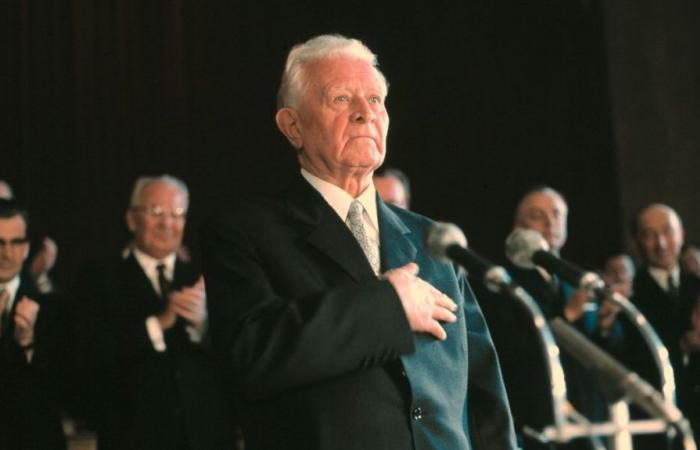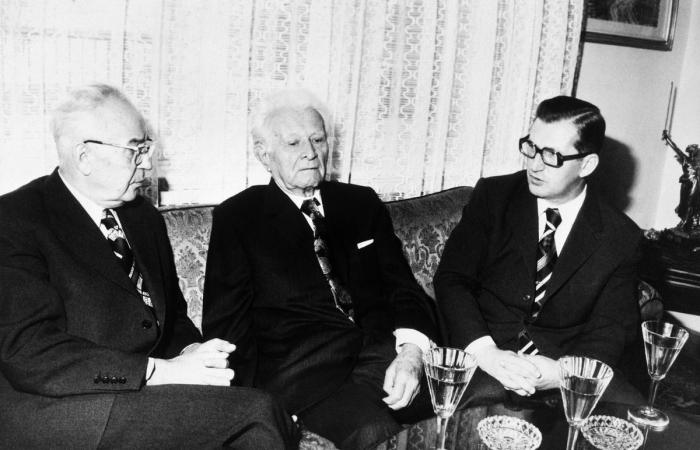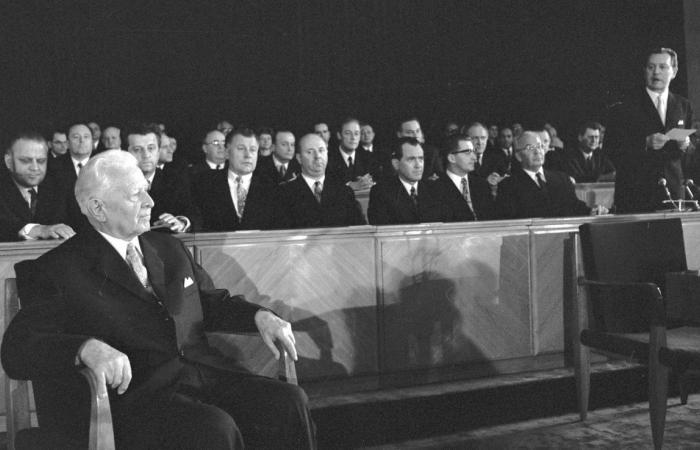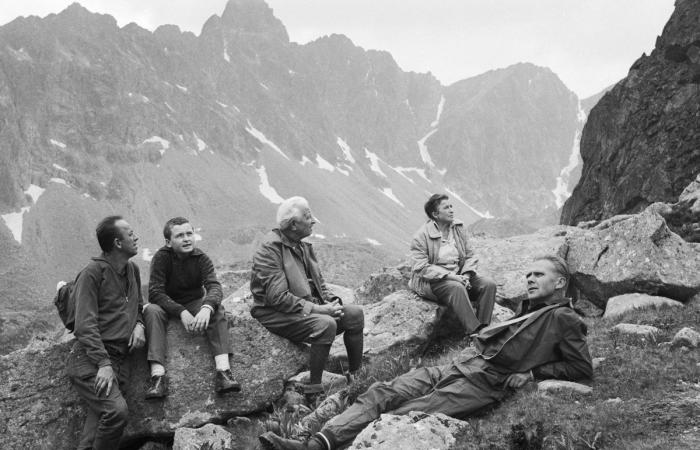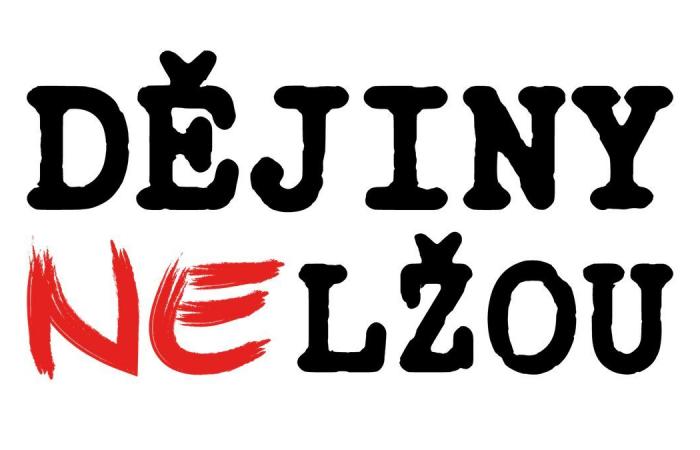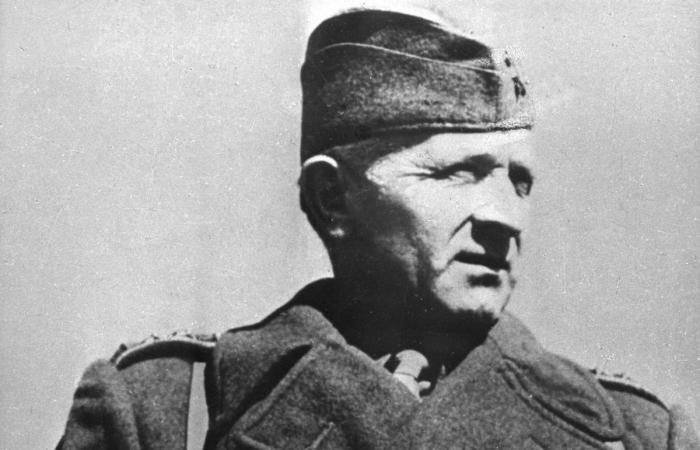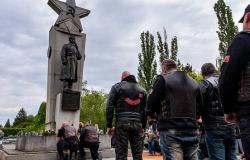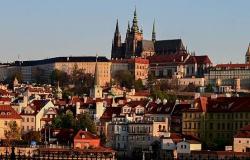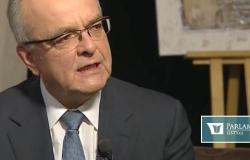The publication by Radim Panenka and Luboš Procházka goes back to the fall of 2021, when President Miloš Zeman was hospitalized for 48 days in the Central Military Hospital, without other constitutional officials and the public being informed of his diagnosis. The authors interpret the efforts of Senate President Miloš Vystrčila to find out Zeman’s state of health so that, in the event of his long-term inability to exercise his office, Article 66 of the Constitution can be activated, according to which in such a case the powers of the head of state will be divided among other constitutional officials, as a conspiracy in which they allegedly played a dark role BIS chief Michal Koudelka, ODS chairman Petr Fiala and other politicians.
However, the book does not provide any evidence of a conspiracy, of course. If we were looking for a conspiracy against our head of state, we would have to go back half a century in time. At that time, President Ludvík Svoboda was first kept in office against his will and later deposed by a conspiracy of the highest officials of the Communist Party of the Czech Republic.
When at the end of March 1968 the leadership of the Communist Party promoted Ludvík Svoboda to the head of the state, they promised themselves from the seventy-two-year-old army general that he would protect the planned reform steps with his moral credit and fame. According to Alexander Dubček, the first secretary of the Central Committee of the Communist Party of the Czech Republic, Svoboda was supposed to “go to meetings all over the republic” and “talk and debate with people, explain the new policy in the spirit of the action program and use his seriousness and authority.”
Photo: Jiří Kruliš, CTK
Gustáv Husák, First Secretary of the Central Committee of the Communist Party of the Czech Republic, Ludvík Svoboda, the President of the Republic, and Lubomír Štrougal, the Prime Minister
That was the case in the first months of Svoboda’s tenure. However, the Soviet invasion in August 1968 changed everything. The man who was supposed to be a mascot became one of the most important political players. Svoboda in Prague refused to appoint a so-called worker-peasant government composed of Soviet agents, and went directly to Moscow to solve the crisis. He was instrumental in getting the Soviets out of the political impasse. And he significantly accelerated the career of Gustáv Husák, whom he invited to his delegation.
After the signing of the Moscow Protocol, by which the reformist leadership of the Communist Party capitulated and pledged to comply with Soviet demands, Svoboda and Husák formed a political tandem. Svoboda helped Husák take control of the Communist Party in April 1969 and signed the infamous baton law a few months later. Instead of thanks, however, he received only intrigue from Husák, who was jealous of his popularity. At the turn of 1969 and 1970, Svobod’s advisory team was disbanded, as it was too liberal according to the Soviets. And two years later, Husák’s party leadership banned the publication of the second volume of the president’s memoirs. Ludvík Svoboda became a puppet of the normalization leadership of the Communist Party, which the regime used mainly for representation abroad.
Freedom like Masaryk
The stress of the years 1968/1969, exhausting foreign trips (he visited, for example, Japan or Iran twice) and Svoboda’s advanced age – at the time of his election he was the oldest Czechoslovak president – affected his health. In June 1972, Svoboda suffered a stroke during a reception in honor of Indian Prime Minister Indira Gandhi, and in the following months suffered further blackouts. Svoboda had previously suffered from hearing loss, his hearing was caused by the noise of artillery during the war. And also with spinal pain, which he suppressed with high doses of analgesics.
Photo: Jiří Burian, CTK
The eve of Ludvík Svoboda’s 80th birthday. In the photo, from the left, General Secretary of the Central Committee of the Communist Party and President of the Republic Gustáv Husák, ex-President Ludvík Svoboda and Prime Minister Lubomír Štrougal
At the beginning of 1973, Ludvík Svoboda wrote to Gustáv Husák that he no longer wanted to run for office due to his poor health. The head of the party was aware that there was no agreement on Svoboda’s successor in the leadership, and with the help of the Soviets – even the Chairman of the Presidium of the Supreme Soviet of the USSR, Nikolai Podgorny, formally the highest Soviet state representative, came to Prague for this purpose – he persuaded Svoboda to run again.
Jiří Fidler, the author of Svoboda’s most recent biography, noticed that Svoboda’s second election in March 1973 was quite reminiscent of Masaryk’s fourth election in 1934. Both Masaryk and Svoboda were pressured into candidacy by their entourage, as there was no political consensus on their successor, despite the fact that both were physically unable hold the highest office. Masaryk suffered a stroke shortly before the election, could not read or write, and had problems with speech and movement. Both of them had difficulty with the inauguration: Masaryk had to be supported when he arrived in the Chamber of Deputies and told him the formula of the presidential oath, while Svoboda sat during the entire ceremony, the vice-chairman of the Federal Assembly pronounced the presidential oath for him, and he only confirmed it with the one-word “I promise”. Both Masaryk and Svoboda significantly reduced their activities after their last election.
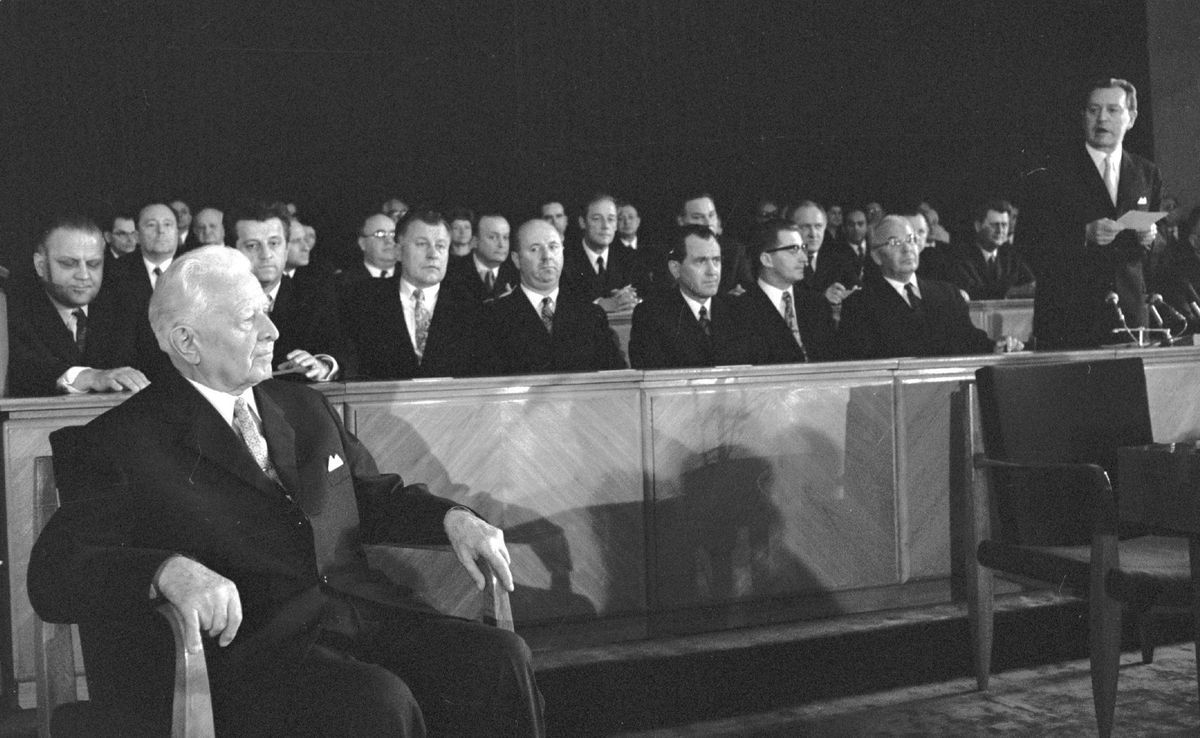
Photo: CTK
Election of the President of the Republic in the Vladislav Hall of Prague Castle, 22 March 1973
President in a coma
The public could only speculate that the president was not in good health, based on the fact that he did not personally deliver the traditional message on New Year’s Day 1974. In March, Svoboda fell ill with a urinary tract infection and had to go to the State Sanatorium (Sanopz) for three weeks. However, a week after his release, on April 25, 1974, he had to be hospitalized again with a much more serious diagnosis: bilateral pneumonia and pleurisy and pulmonary embolism. According to historian Michal Macháček, the president even found himself in a coma after the application of heavy sedatives. The doctors did not communicate much even with the president’s family, only after a few weeks the director of Sanopza received Svoboda’s wife and daughter to inform them that the situation was hopeless and the exitus could come at any moment. On the instructions of the party leadership, historians were approached to prepare an official obituary.
Svoboda’s daughter Zoe writes in her memoirs that her mother Irena did not want to accept the situation and sent her to the Town Hall near Pilsen to see the well-known herbalist Božena Kamenická. She then mixed an herbal potion for blood purification for the president. “So mom and I sat down by dad’s bed, started making him tea and watched over him so he didn’t get too much medicine. What happened was that daddy came back to life very quickly.’
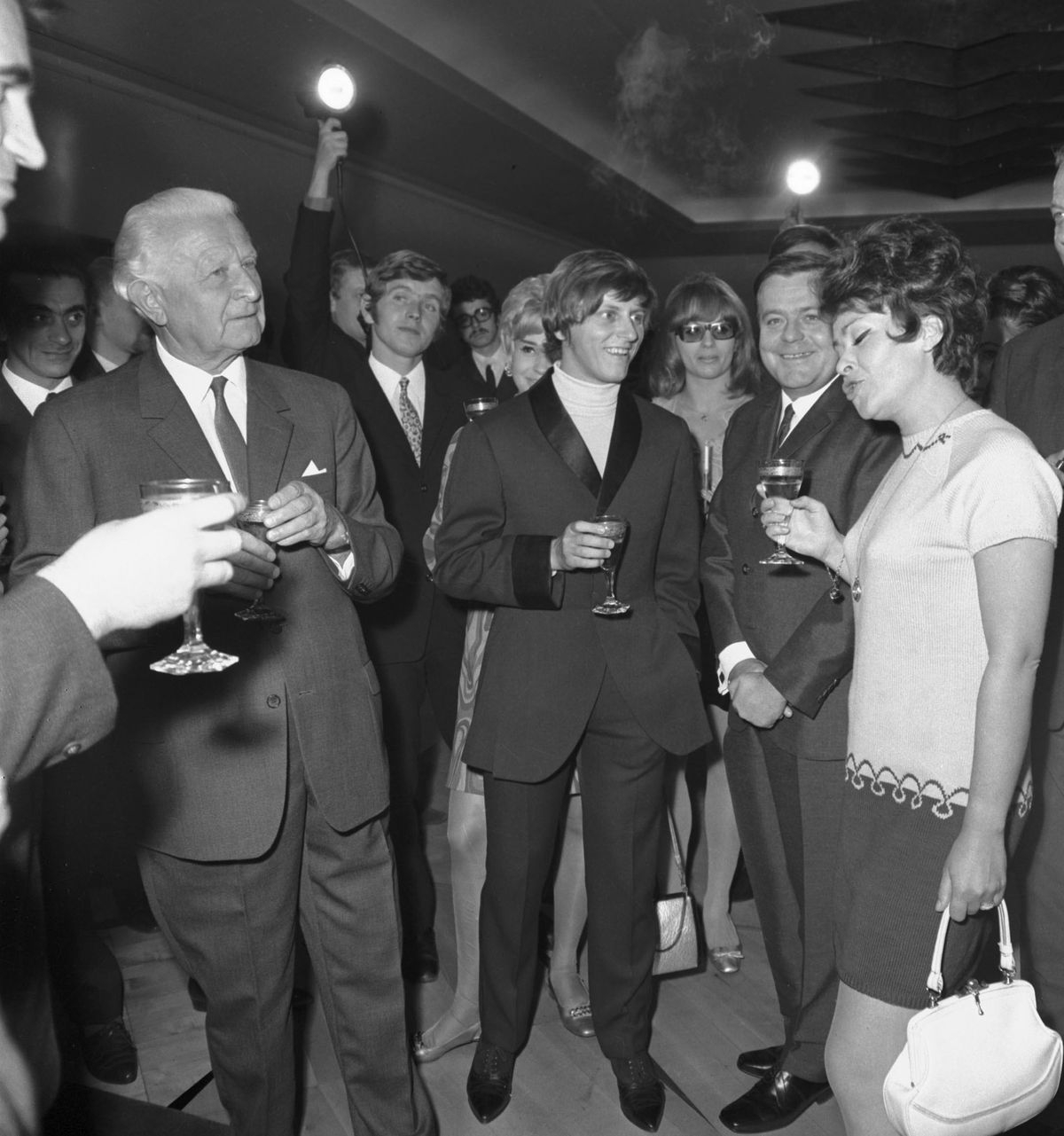
Photo: Jiří Rublič, CTK
Meeting with Czechoslovak artists at Prague Castle. In the picture from the right, Jiřina Bohdalová, Václav Neckář and Pavel Novák
However, Svoboda did not wake up to a full life, let alone a job, even though he was released from Sanopz to home care at the end of June. Due to other health complications, he was hospitalized again in August 1974, this time in the Central Military Hospital, from where he was only released at the end of March of the following year. It was precisely in the long hospitalizations that Svoboda differed from Masaryk, who was treated at home at the castle in Lány and at the time of his illness at least held office to a limited extent, or those around him pretended that he was in office: for example, instead of signing by hand, which he was unable to do, he certified laws with a stamp with his signature pattern. Of course, Svoboda could not do that from the hospital, since March 28, 1974, he had to be represented by the federal government, namely its chairman, Lubomír Štrougal.
Who after Svoboda
After being released from the State Sanatorium at the end of June 1974, the president’s daughter Zoe Klusáková-Svobodová wrote a letter of abdication at her father’s request. Even this time, however, Svoboda’s wish to leave the highest office was not granted. Gustáv Husák argued that Svoboda’s abdication would not be credible: the president then had a problem recognizing even close people, political discussion with him was excluded. However, the important thing was left unsaid: in the leadership of the party, Husák did not yet have the ground ready for him to take over the presidency himself.
From the beginning of normalization, Gustáv Husák maneuvered between two wings in the party presidency: dogmatists directly connected to Moscow, among whom were, for example, Vasil Biľak or Alois Indra, and pragmatists like Lubomír Štrougal, who preferred technocratic solutions to ideology. At first, even Husák’s biggest allies such as Štrougal or Peter Colotka spoke out against the fact that Husák should succeed Svobod as president, who feared that leaving the Castle would weaken the party leader.
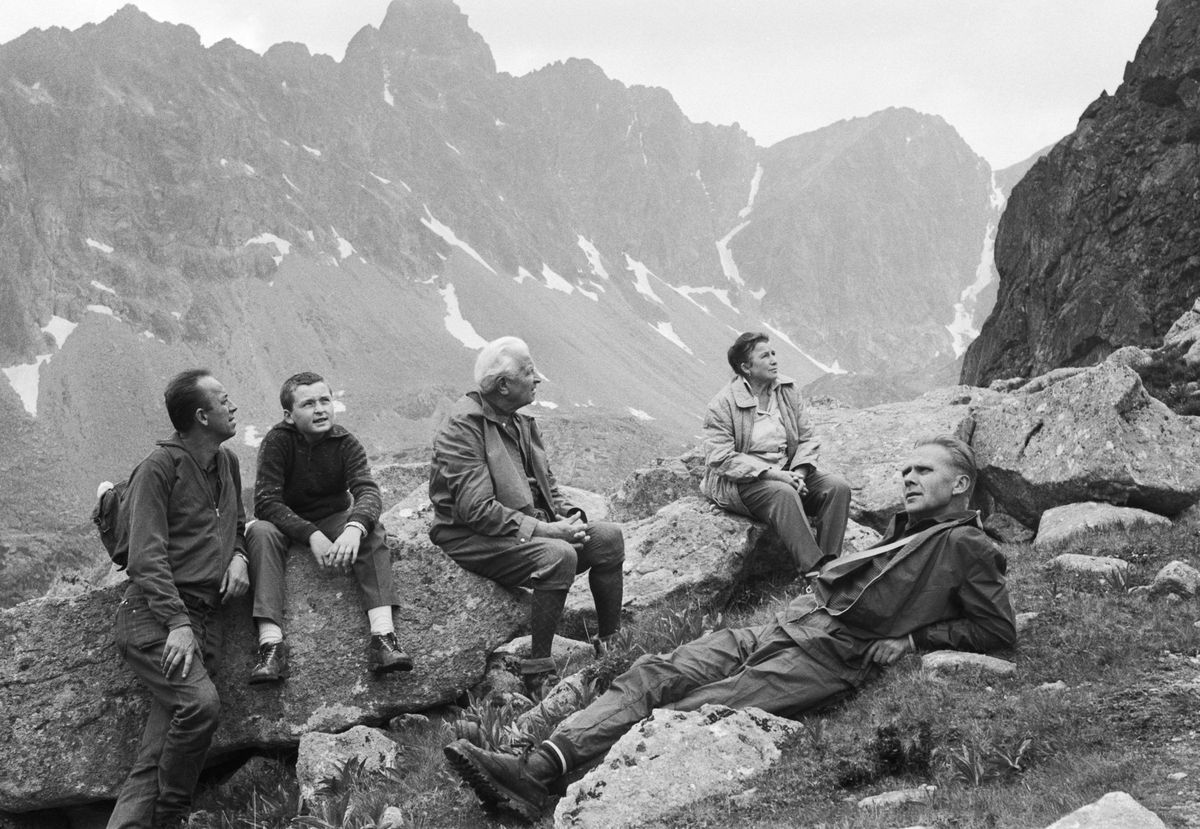
Photo: Zlámala, ČTK
President Ludvík Svoboda with his wife Irena on a hike in the High Tatras
The problem of the cumulation of the highest party and state positions, which was blamed on Antonín Novotný in the 1960s, strongly resonated among the members of the decisive party bodies. The national factor also played a big role. At the time when Svoboda was ill and represented by the federal government, there was also a fringe opinion that the office of the president should be completely abolished, following the model of the Soviet Union, because things work without it.
In the end, Husák won not only the Kremlin’s support for his candidacy, which was the most important, but also pacified his biggest opponents, who themselves had presidential ambitions like Biľak or Indra. The main role in this complex political party was undoubtedly played by the fact that there was no one in the leadership of the party on whom the majority could agree. Even for those who didn’t need him, Husák was more acceptable than his possible rivals.
Lex Freedom
The situation was resolved in May 1975. Since Svoboda’s health condition no longer allowed for a “credible” abdication, a constitutional law, later called the Lex Svoboda, was hastily passed, stating that if the president is unable to hold office for more than one year, the Federal Assembly can elect a new president on another term of office. At the time, no one thought about the fact that it violates the legal principle of non-retroactivity.
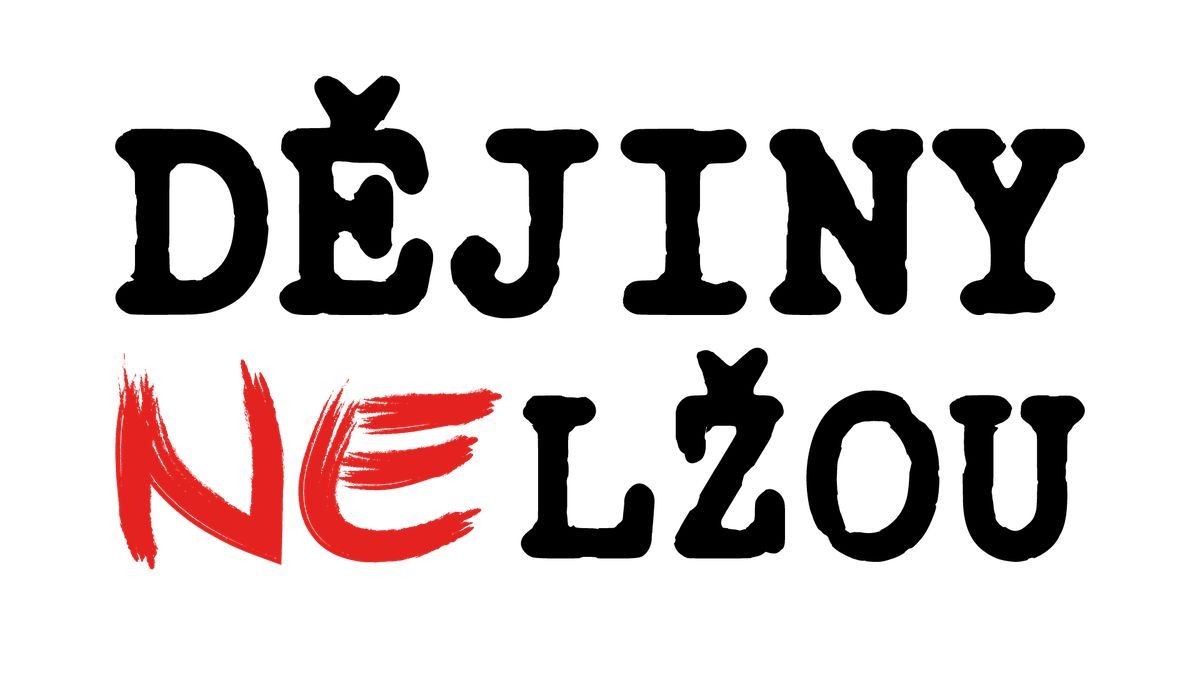
Photo: Matyáš Folprecht, Law
History does not lie – a historical series of the newspaper Právo
Gustáv Husák’s candidacy for the presidency was proposed at the meeting of the Presidium of the Central Committee of the Communist Party on May 16, 1975 as the “only option” by his closest political ally Lubomír Štrougal. Of the sixteen debaters, all spoke in favor with the exception of Antonín Kapek, who repeated his reservations about the accumulation of functions. The election of a new president on May 29 was then just a formality. A day later, the new president and the prime minister visited their deposed predecessor and presented him with the Golden Star of the Hero of the Czechoslovakia. At that time, Svoboda apparently had no idea who and what was actually dedicating it to him. He then lived in seclusion in the circle of his family for another four years, he died on September 20, 1979.
The cases of health indispositions of presidents TG Masaryk in 1934–1935, Ludvík Svoboda in 1972–1975 and Miloš Zeman in 2021 have many similar features, but only in the case of Svoboda’s ouster can we talk about a kind of conspiracy. All three cases are mainly connected by the lack of true information about the state of health of the head of state that the public receives. Paradoxically, we know the least about Miloš Zeman’s recent illness.
Gallery – favorite president Ludvík Svoboda
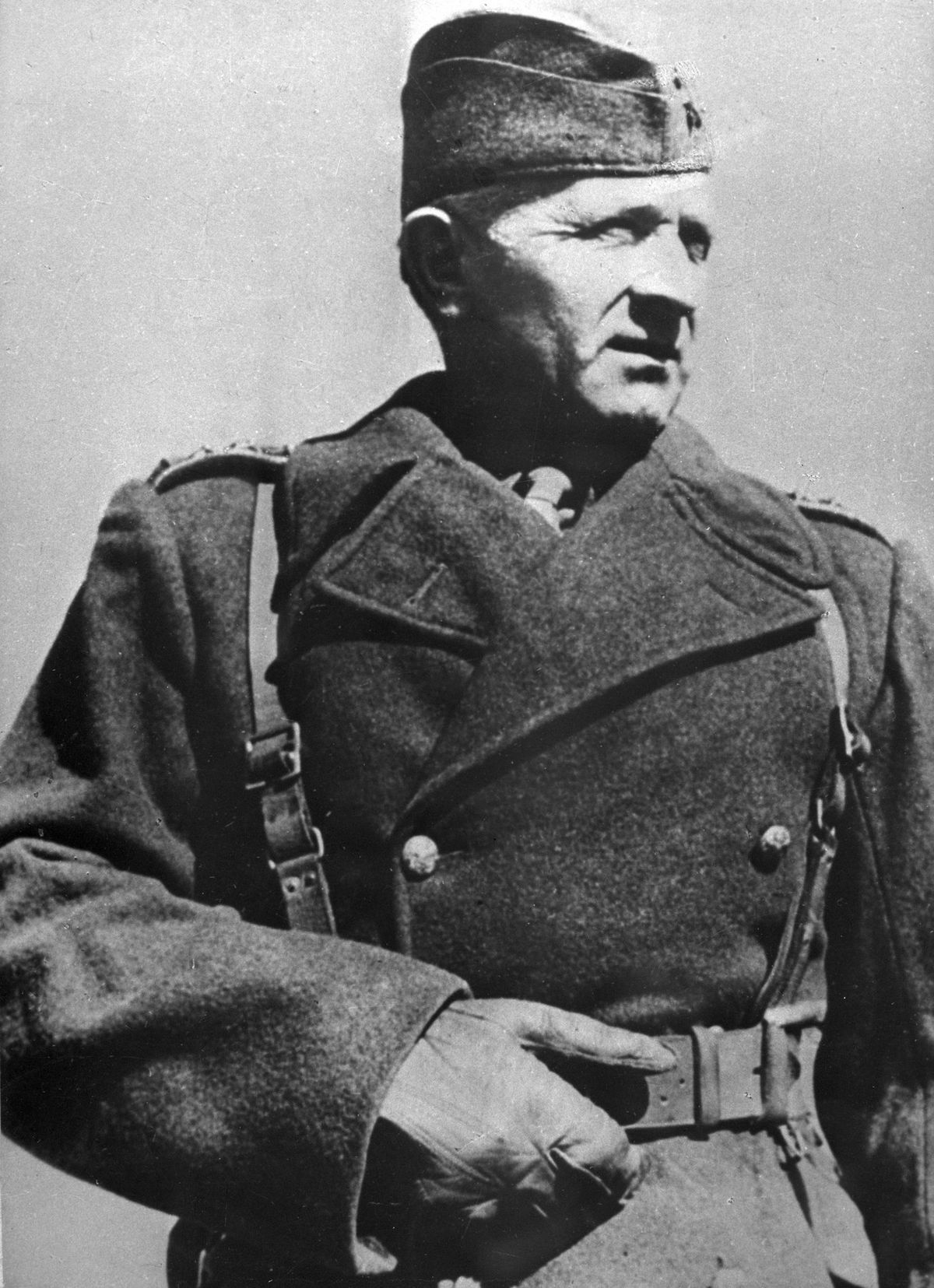
Photo: CTK

